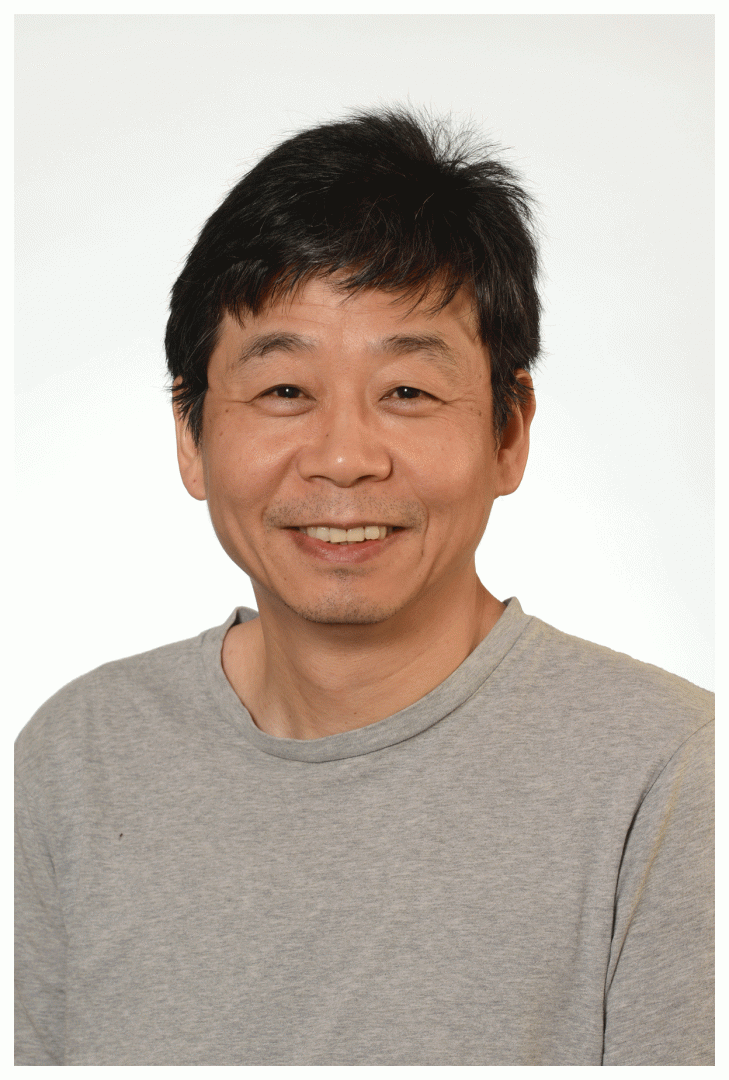National Institutes of Health grant to fund Rockford research on aging
National Institutes of Health grant to fund Rockford research on aging

University of Illinois College of Medicine Rockford researchers will continue promising research into how inflammation in the body linked to diseases such as diabetes may be tied to a decrease of a naturally occurring substance in blood that declines as people age.
A two year, $440,000 grant from the National Institute on Aging will fund a study to determine if age-related impairment in producing a certain autoantibody increases older adults’ vulnerability to inflammation caused by a high-fat diet, which can increase the likelihood of type 2 diabetes.
Aoshuang Chen, Ph.D., and Guoxing Zheng, Ph.D., both associate professors in the Department of Biomedical Sciences, are the principal investigators for the study. The married couple both joined the UICOMR faculty in 2003.
Previous research from their laboratory published in The Journal of Immunology in 2020 identified in healthy people and mice an autoantibody that doesn’t let the inflammation-causing substance, called HMGB1, to get too high.
“HMGB1 is needed for a healthy immune response, but when it gets too high, it triggers inflammation,” Dr. Chen says. “Our research is exciting because we’ve found a substance in the body that regulates HMGB1 so it doesn’t cause inflammation, but it appears that substance wanes with age and is likely the cause of age-related chronic inflammation. Our research will generate insights into this type of inflammation that could lead to development of a new therapy for treating type 2 diabetes and other age-related diseases.”
While this discovery is not quite the proverbial Fountain of Youth, the identification of an autoantibody that’s a normal part of blood plasma, that can regulate one of the major causes of sterile inflammation, that’s inflammation not caused by microorganisms, could lead to injectable drugs or immunizations to help prevent or control such inflammation and its related diseases, such as diabetes or cancer.
Research reported in this publication was supported by the National Institute on Aging of the National Institutes of Health under Award Number R21AG075229. The content is solely the responsibility of the authors and does not necessarily represent the official views of the National Institutes of Health.